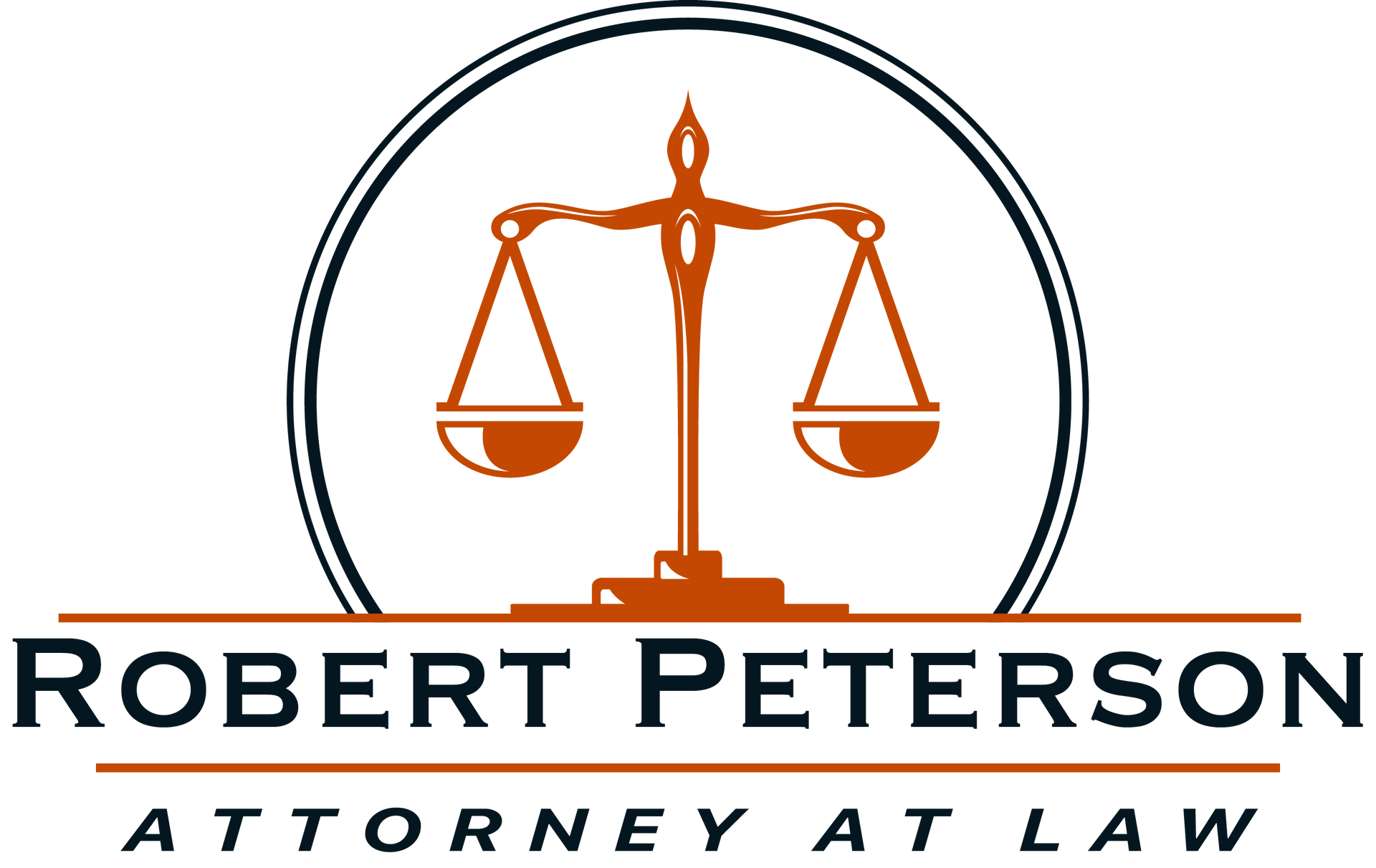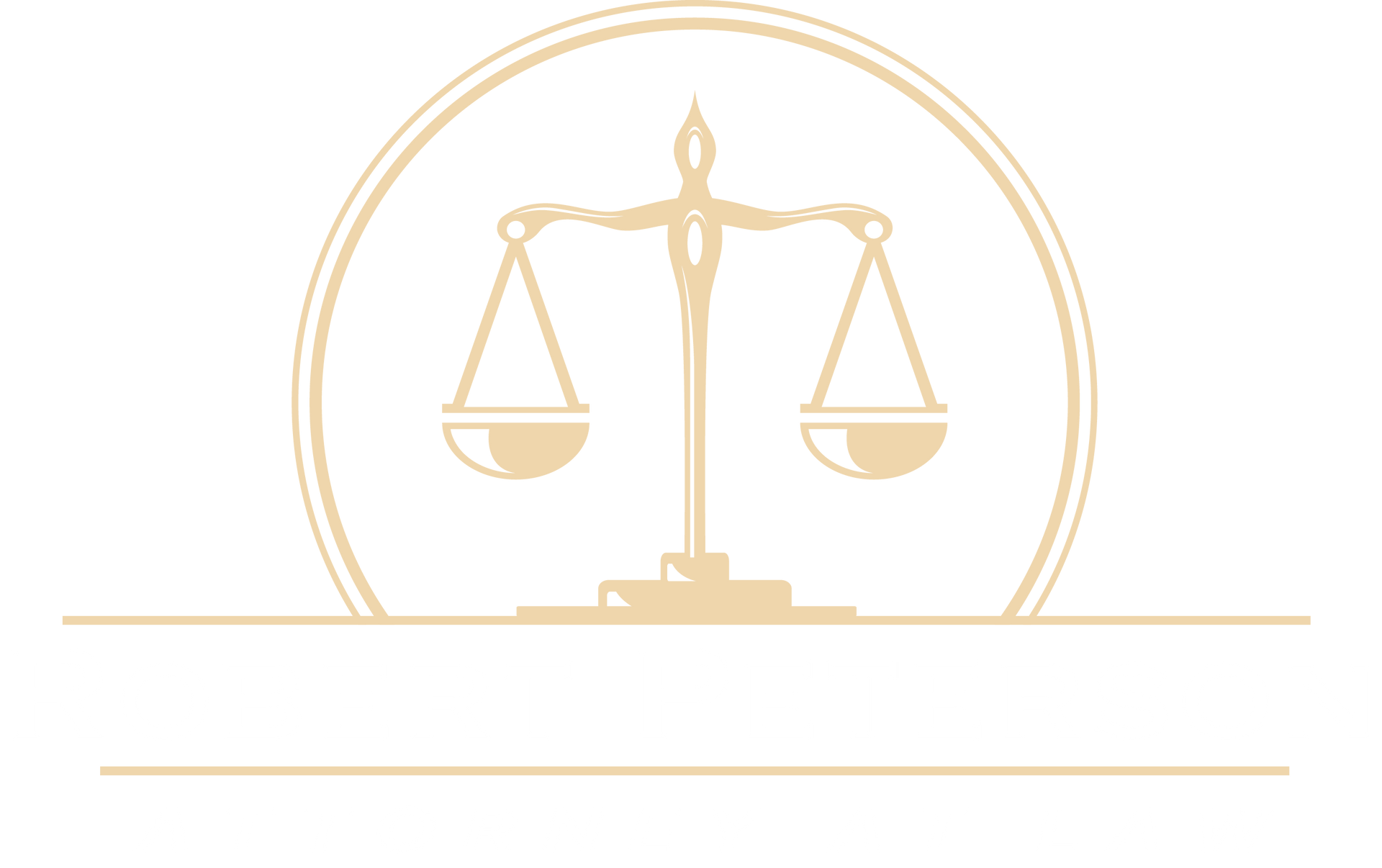
We often get requests for us to draft a Quit Claim Deed for a client. But is a Quit Claim Deed the most appropriate type of deed? There are numerous types of deeds and each has a different type of purpose.
First, what is a deed?
A deed is the document to legally transfer the title of real property (real estate) from one entity to another. The grantor is the person(s) (or entity) giving away the property. The grantee is the person(s) (or entity) receiving the property.
Quit Claim Deed: (Also called Quitclaim deeds or Quick Claim deeds.)
Quit Claim Deeds are deeds used to transfer whatever ownership rights that the grantor has (which could be no rights at all, imaginary rights, future rights, or some form of totally screwed up rights to the property). In other words, the Quit Claim Deed passes the property “As Is.” These deeds are riskier deeds which have no guarantees or warranties or protections for the grantee and should be carefully utilized since they have the least protection of any deed. They should never be used when transferring real property between two strangers. If the grantor has bad title to the property, the grantor is simply passing bad title to the grantee without any guarantees of correcting the title or requirements to correct the title for the grantee if the grantee cannot get good clean title to the property. That is also a reason to obtain title insurance when you purchase real estate, and the title insurance will require a deed other than a Quit Claim Deed.
So when could a Quit Claim Deed be appropriate?
A Quit Claim Deed is utilized between trusted parties. If there is a bad title, you can go back to Uncle Joe to get the documents to correct the title. You might have problems going back to a stranger to get documents to correct the title. Situations where you might utilize a Quit Claim include deeding property to relatives, to a spouse, as a result of a divorce or other court ordered transfer, correcting a defect in title, a gift, transfers into or out of a trust, tax foreclosure sale, and a deed in lieu of foreclosure.
Warranty Deed:
Warranty Deeds have warranties or guarantees concerning good title to the property. For this reason, Warranty Deeds should be utilized in the sale and purchase of property. The grantor warranties good title, and if there is not good title, agrees to assist in providing assistance to correct the title. The grantor has an obligation to help defend you if someone appears to have a better title. The grantor also is warranting quiet use of the property and that you can enjoy use of the property. Issues such as adverse possession, nuisances, and trespassing could affect your title and a Warranty Deed helps to protect the grantee against these issues. A Warranty Deed also guarantees that there is no mortgage, lien, or other interest affecting the title. Recording a Warranty Deed also costs $5 more as the county checks to ensure that the taxes that are due have been paid. If you received the property on a Warranty Deed, it is advisable to continue with a Warranty Deed to continue the chain of warranties.
A covenant is a binding agreement between 2 or more parties concerning the usage of a real estate property, A positive covenant stipulates what you are obliged to do to the property. A restrictive covenant prevents you from doing something to the property. There are 6 positive covenants contained in a Michigan Warranty Deed.
1. Covenant of Seisin- Grantor guarantees the legal ability to convey the property.
2. Covenant of Right to Convey- Grantor guarantees the ability to convey the real estate.
3. Covenant Against Encumbrances- Grantor guarantees that the property is not encumbered by liens or mortgages not disclosed.
4. Covenant for Quiet Enjoyment- Grantor guarantees the right to quiet possession and use.
5. Covenant of Warranty- Grantor guarantees the transferring of valid title and possession.
6. Covenant for Further Assurances- Grantor guarantees defense against superior title claims.
These covenants can be very important to protect your interests when obtaining property.
Covenant Deed.
A Covenant Deed provides limited protection to the grantee. It provides more protection to the grantee than a Quit Claim Deed but less protection that a Warranty Deed. A Covenant Deed only guarantees that the grantor is liable for any problems during the grantor’s ownership of the property. So, a grantor only guarantees a clean title within the grantor’s ownership. If there are problems with the title prior to the grantor’s ownership, the grantor is not obligated to help defend the title as opposed to the Warranty Deed in which the grantor is obligated to assist. There are situations in which a Covenant Deed can be proper such as foreclosure sales or commercial property sales in which there were several owners or tenants.
Ladybird Deed.
A Ladybird Deed is a subcategory of deed and can be a Quit Claim, Warranty, or Covenant Deed. In a Ladybird Deed, the grantor grants the property to himself for his lifetime and then if the grantor still owns the property at his death, conveys the property upon his death to the grantee. The grantee simply has to record the grantor’s death certificate to obtain clean title. No probate is needed to transfer title.
What if there is a mortgage on the property?
If the grantor has a mortgage on the property, the grantor should always contact the mortgage company to determine the effect on the mortgage if a deed transfers the property. The mortgage company could call the mortgage because of due-on-sale clauses and the grantor could have his mortgage immediately due simply by adding another person on the deed. Always contact the mortgage company before deeding a property.
Should I have an attorney draft the deed?
Always have a knowledgeable attorney draft your deed. We have seen deed mistakes that require a court to correct, interpret, or invalidate a deed. Real Estate taxes could become uncapped causing taxes to increase due to errors in drafting. These can be simple errors in wording that could have been avoided. Attorney fees for deeds are fairly inexpensive and reasonable for all persons who are considering drafting a deed. Mistakes can be fairly expensive!
What does Robert Peterson, Attorney at Law, P.C. require to draft a Michigan deed?
To Draft a Deed, we always need:
1. A copy of the deed in which you obtained title to the property.
2. A current tax bill.
3. Names and addresses of the grantors and grantees.
4. The ownership method that the grantees are using taking title- husband and wife, tenants in common, joint tenants with rights of survivorship, etc.
5. The type of deed needed (see above).
6. The fee for drafting the deed (and other documents required) and the fee for recording the deed and any other documents needing recording.
We need the following depending upon the circumstances:
1. Purchase and Sale Agreement, and any other agreements, if a sale is involved.
2. Seller’s Disclosure Statement, if a sale is involved.
3. Lead Based Paint Disclosure, if a sale of a building is involved.
4. A copy of the Trust, if a trust is involved.
5. A copy of the Certificate of Trust, if a trust is involved.
6. A copy of the Title Guarantee from the Title Insurance Company, if title insurance is involved.
7. A copy of the Mortgage document, if the property is mortgaged.
8. A copy of the will, if the property is being inherited through a will- and yes you need a deed if you are inheriting the property.
9. Letters of Authority, if the property is being transferred through probate.
10. An Original Death Certificate (if the death certificate has not already been recorded in the Real Estate records- then a copy of the recorded death certificate), if transferring through probate.
11. Copy of the Power of Attorney, if the property is being transferred by the Attorney (Agent) in a Power of Attorney.
12. Copy of the Court Dissolution of Marriage Decree if the property is being transferred in a divorce.



